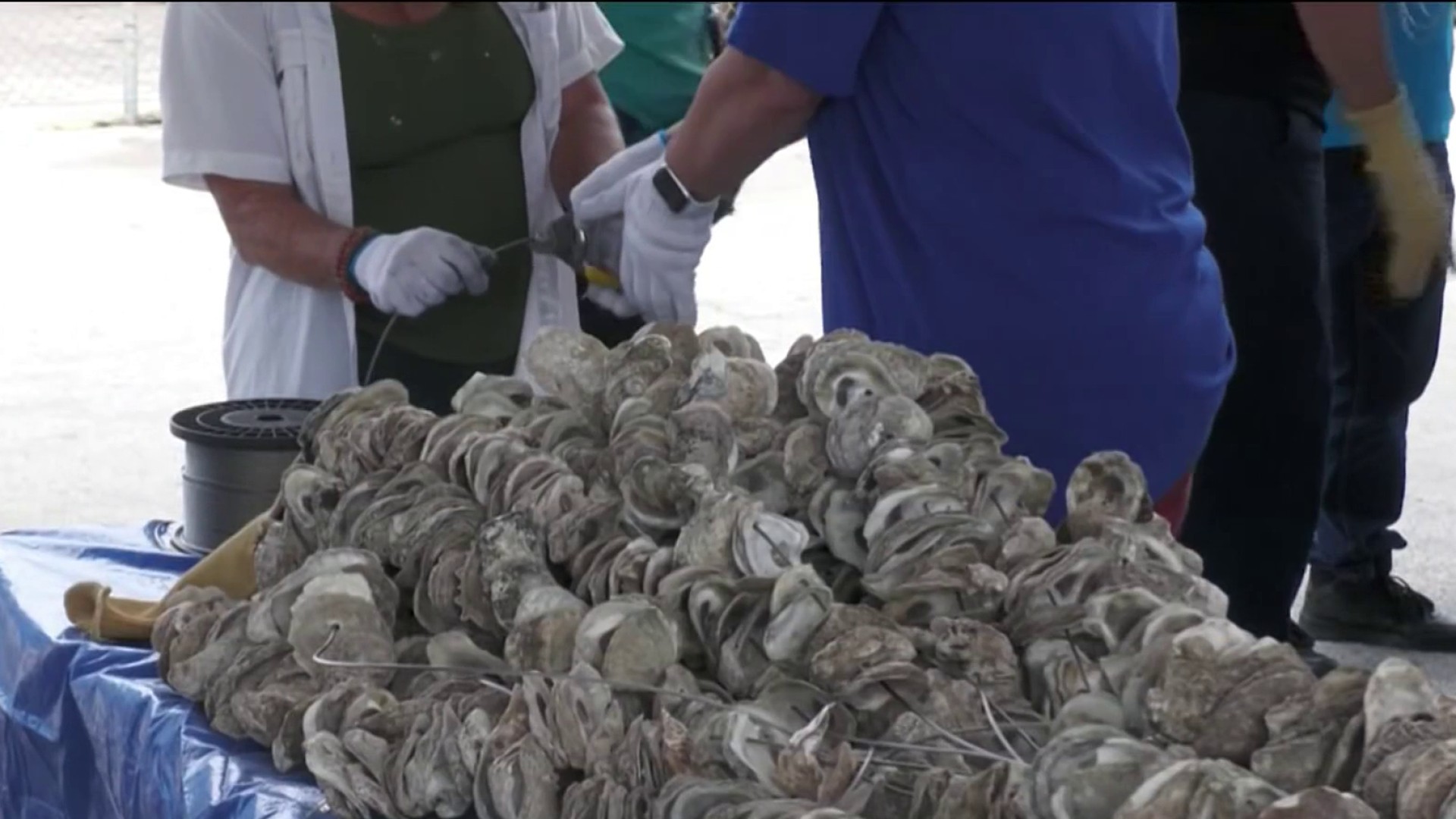A prominent businessman pleaded guilty Wednesday to fraud in a $135 million real estate scheme that fleeced hundreds of investors, including the Roman Catholic prep school he once attended.
Gaston Cantens, 73, faces up to five years behind bars after pleading guilty to a single count of wire and mail fraud conspiracy. U.S. District Judge Kathleen Williams set sentencing for April 4.
Cantens also lured investors from Miami's close-knit Cuban-American community, many of them elderly and some Roman Catholic priests.
One victim, 80-year-old Eduardo Arango, said he lost about $800,000 investing with Cantens. He called the plea agreement "a sweet deal" because Cantens could have faced more charges and a longer prison sentence.
"Most of the victims were people who are very aged. They lost whatever their resources were. They have suffered," Arango said.
Federal prosecutors said Cantens operated his company, Royal West Properties Inc., like a Ponzi scheme in which he paid older investors with money raised from newer ones. The company sold real estate investments in southwest Florida since 1993 but fell on hard times beginning in 2002 and was eventually forced into bankruptcy in 2009, according to court documents.
Before it crashed, Royal West promised rates of return as high as 16 percent for investors who bought properties, which were marketed nationally on Spanish-language networks and through offices in Florida, New York, Colombia, Ecuador, Peru and Venezuela.
Local
One investor was the Belen Jesuit Preparatory School, which traces its roots to Cuba and from which Cantens graduated when it was still located in Havana. Fidel Castro also is an alumnus from those days.
Eric Bustillo, chief of the Securities and Exchange Commission field office in Miami, called it a typical "affinity" scam in which the perpetrator uses a position of trust to prey on members of a specific group, in this case people connected to Belen and members of the larger Cuban-American community.
"The Cantens used their prominent standing in a close-knit Cuban-American community to ruthlessly exploit vulnerable elderly investors who trusted them with their life savings," Bustillo said.
Cantens' wife, 75-year-old Teresita Cantens, was named in a related SEC complaint but was not charged in the criminal case.
Their son, former state Rep. Gaston I. Cantens, was also not implicated in the scheme, but he did co-sign documents allowing his father to remain free until sentencing on $100,000 bail. The younger Cantens is vice president at the Florida Crystals Corp. sugar company.
In all, prosecutors said more than 150 investors lost about $47 million between 2003 and 2008. Of the total, investigators said Cantens and his wife skimmed about $20 million for other business ventures, to pay themselves more than $5 million in salaries and to pay children and grandchildren $1 million in "consulting fees" even though they did no work for Royal West.
Cantens could be ordered to pay millions of dollars in restitution, but it's doubtful that he has any means to do so. Royal West is being liquidated in the bankruptcy case and Cantens has been unable to pay a $5.3 million judgment in the SEC case.
Arango said most investors have gotten only about 3 cents on the dollar from the bankruptcy proceeding.
"The anguish, pain and suffering here has been immense," he said.



